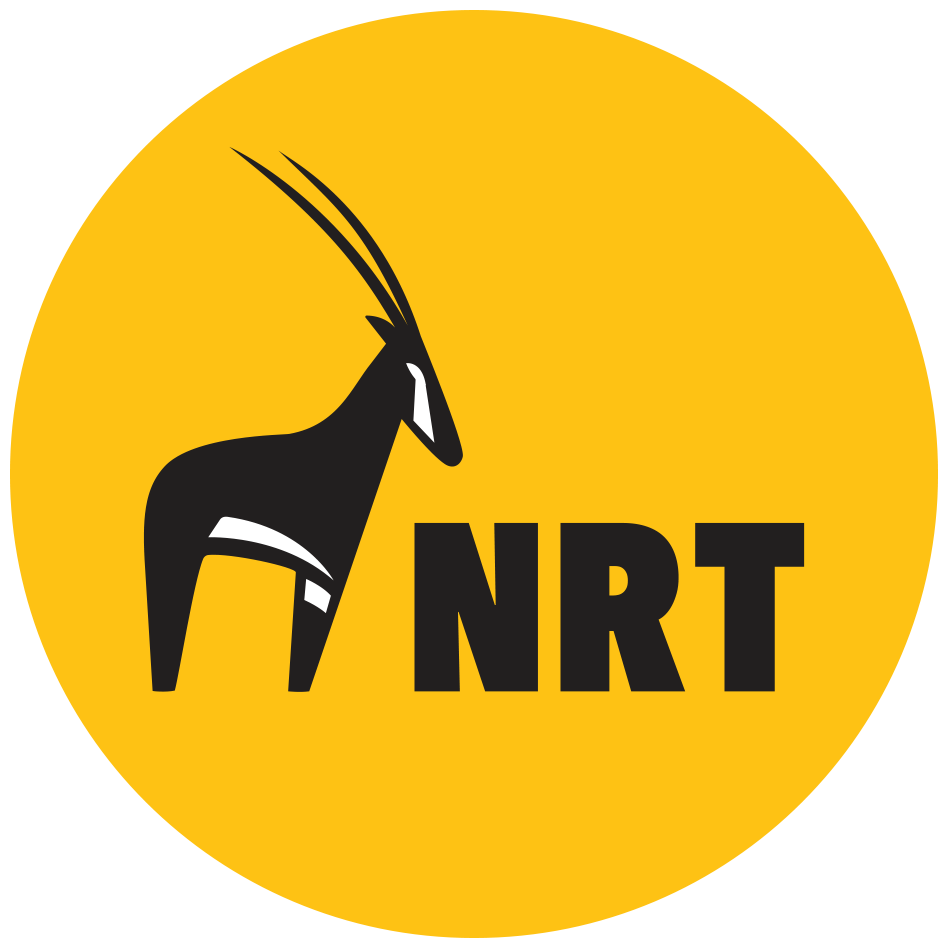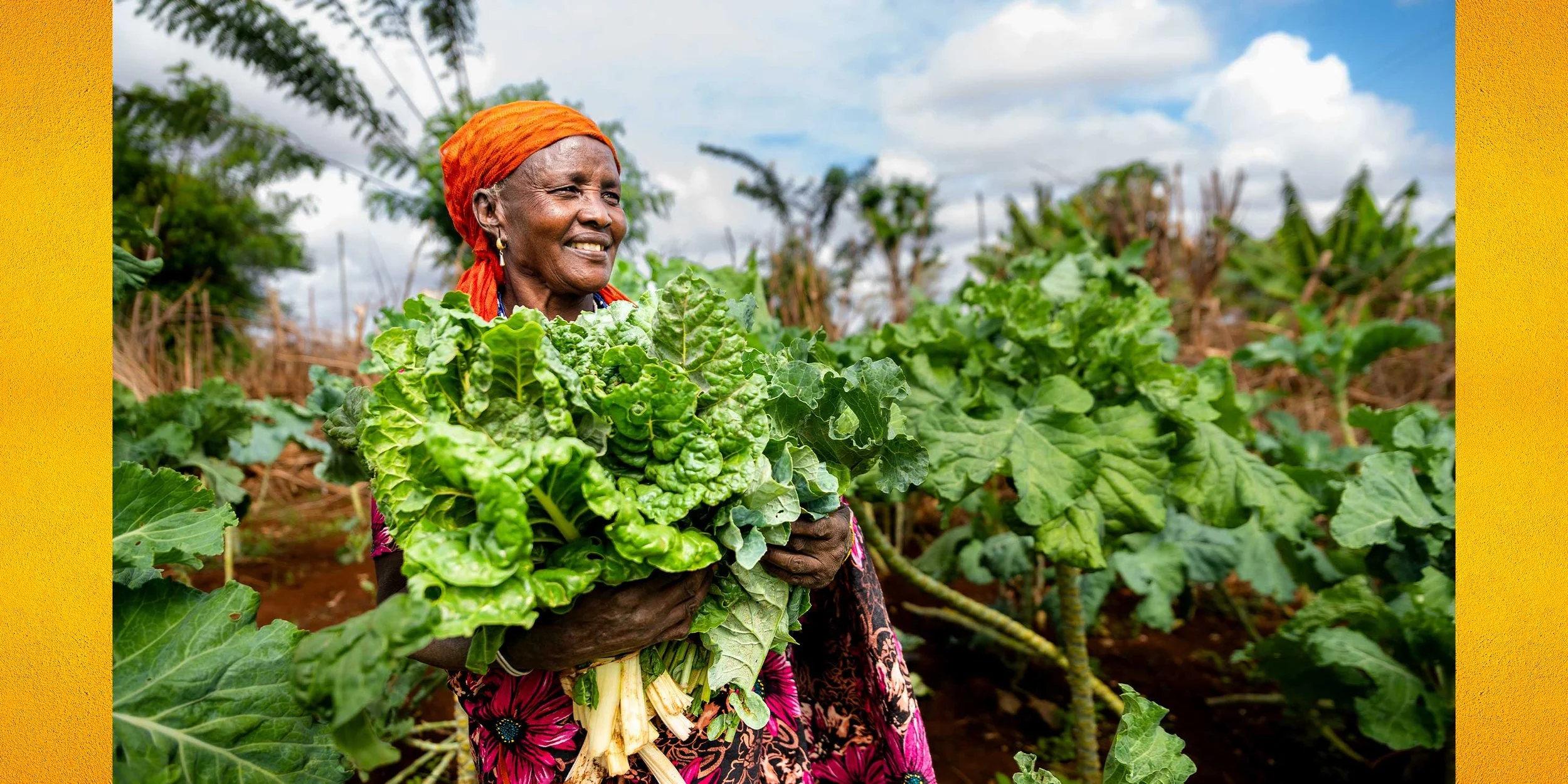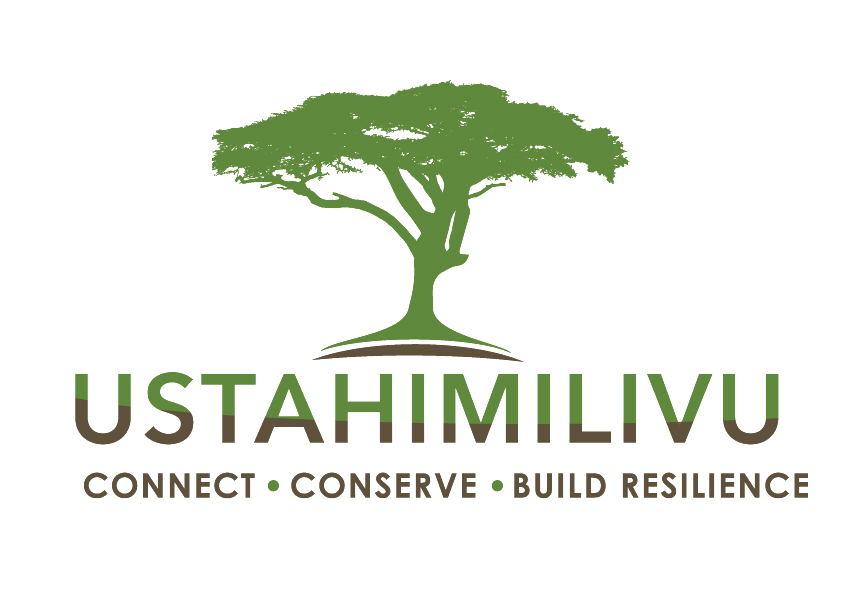Kenya RangER Program
The European Union-funded Kenya Rangelands Ecosystem Services Productivity (RangER) Program aims at improving the livelihoods of communities and landscapes of the four member counties of the Cooperation on Peace and Development (CoPaD) bloc including Laikipia, Samburu, Isiolo, and Baringo by increasing the productivity of the ecosystem services provided by the rangelands and supporting climate-smart natural resource management, effective governance, and peace and security for wildlife and people.
The Program, which is ongoing in these four Counties that are located in arid and semi-arid lands (ASALs), has numerous benefits including improved human and livestock well-being, enhanced ecological connectivity and biodiversity conservation, ecosystem restoration, climate change mitigation and adaptation, and in- creased resilience of the indigenous communities, biodiversity, and ecosystems to climatic shocks.
This three-year Program, launched in September 2021, is being implemented by a consortium of partners comprising the Northern Rangelands Trust (lead), the Jomo Kenyatta University of Agriculture and Technology (JKUAT), World Agroforestry (ICRAF), Community Safety Initiative (CSI), E4Impact Foundation (E4I), Cooperation for Peace and Development (CoPAD) and the Baringo, Laikipia, Isiolo, and Samburu County Governments.
Project Highlights
Ustahimilivu Project
Ustahimilivu is a four-year Project operating in West Pokot County whose goal is to increase community resilience to drought and other effects of climate change in Kenya’s arid and semi-arid lands (ASALs).
Launched in April 2020, this European Union-funded Program collaborates with West Pokot’s County Government in improving the lives of residents in 11 wards in Masol and Pellow community conservancies.
In the Project, the Northern Rangelands Trust (lead), the European Committee for Training and Agriculture (CEFA), E4Impact Foundation, SOMIRENEC (Social Ministry Research Network), and Amref Health Africa are working together to improve the food and nutrition security of vulnerable house- holds, especially women and children, generate sustainable liveli- hoods and protect productive assets in West Pokot County.
Project Highlights
IMARA Program
The Integrated Management of Natural Resources for Resilience in ASAL (IMARA) Program is a seven-year partnership program (2018- 2025) that aims to increase the resilience of vulnerable households
to climate change-related shocks in the ASAL counties of Isiolo, Elgeyo Marakwet, Laikipia, Marsabit, Narok, Samburu, Turkana, and West Pokot, by diversifying livelihoods and improving natural resource management and use.
The Program is in its second phase and is being implemented by a consortium of five partners, including World Vision Kenya (Lead), Northern Rangelands Trust, Maasai Mara Wildlife Conservancies Association (MMWCA), Saferworld, and the Stockholm Environment Institute (SEI).
Beisa Oryx Project
The Beisa Oryx Protection Project seeks to conserve and protect the Beisa Oryx in two community conservancies. The species has been identified and listed as an endangered species, with populations declining across most of Africa, primarily due to habitat loss, hunting, and livestock competition for pasture.
Through the IUCN Save Our Species support and co-funding from the European Union, the Nakuprat-Gotu community conservancy in Isiolo has been identified as the area where the Beisa Oryx population has been declining, hence the need to save and create a safe haven for the Beisa Oryx population.
The project will focus on the following measures to ensure protection of the threatened species:
Community buy-in and stewardship
Improved monitoring
Anti-poaching patrols by rangers
Running conservation awareness programs
Sustainable land management and providing alternative sources of income for charcoal sellers/ subsistence farmers
About IUCN Save Our Species
IUCN Save Our Species aims to improve the long-term survival prospects of threatened species. It also focuses on supporting the species habitats and working with the communities who share this habitat. It achieves success by funding and coordinating conservation projects into multiple initiatives across the globe.
About European Union
The Member States of the European Union have decided to link together their know-how, resources and destinies. Together, they have built a zone of stability, democracy and sustainable development whilst maintaining cultural diversity, tolerance and individual freedoms. The European Union is committed to sharing its achievements and its values with countries and peoples beyond its borders.











